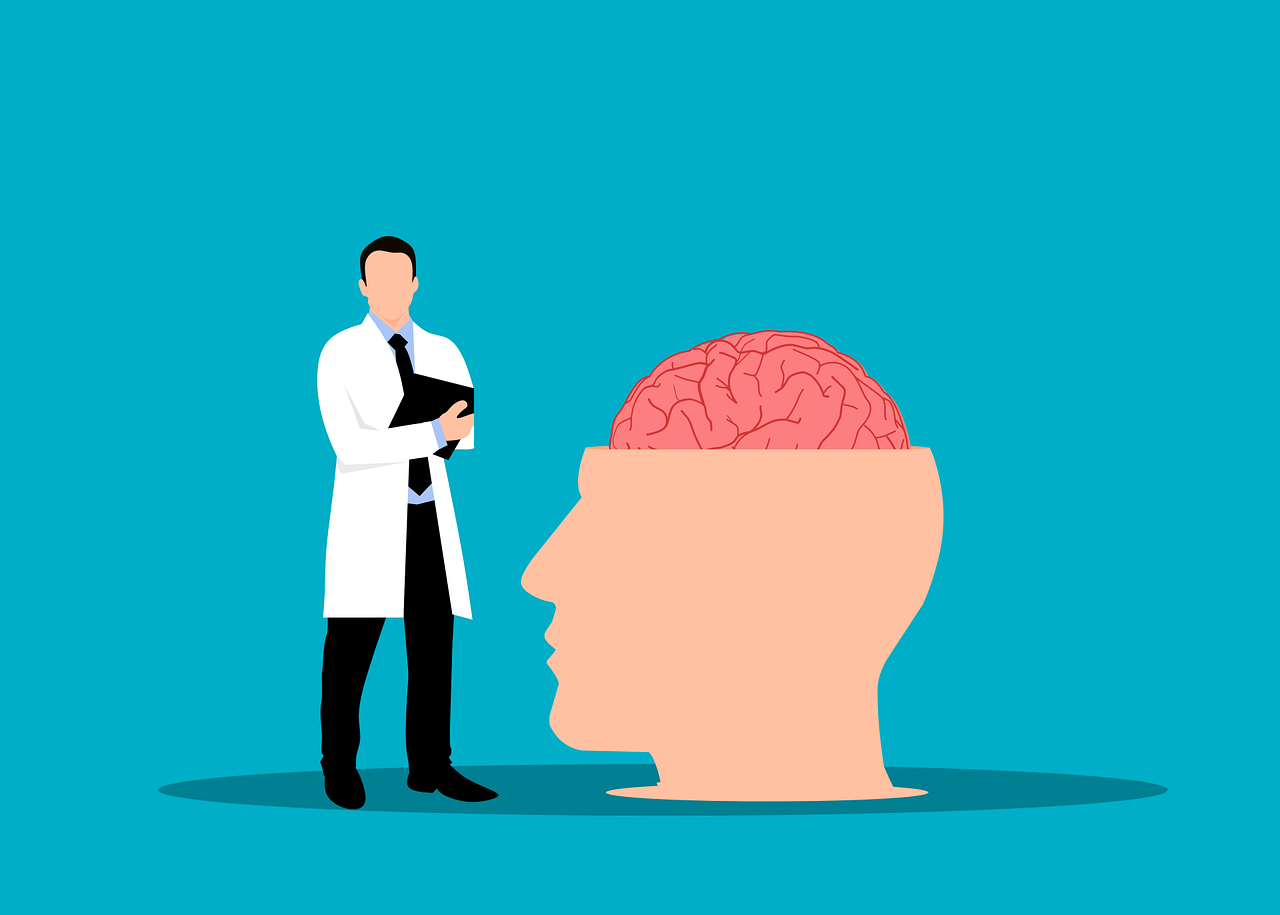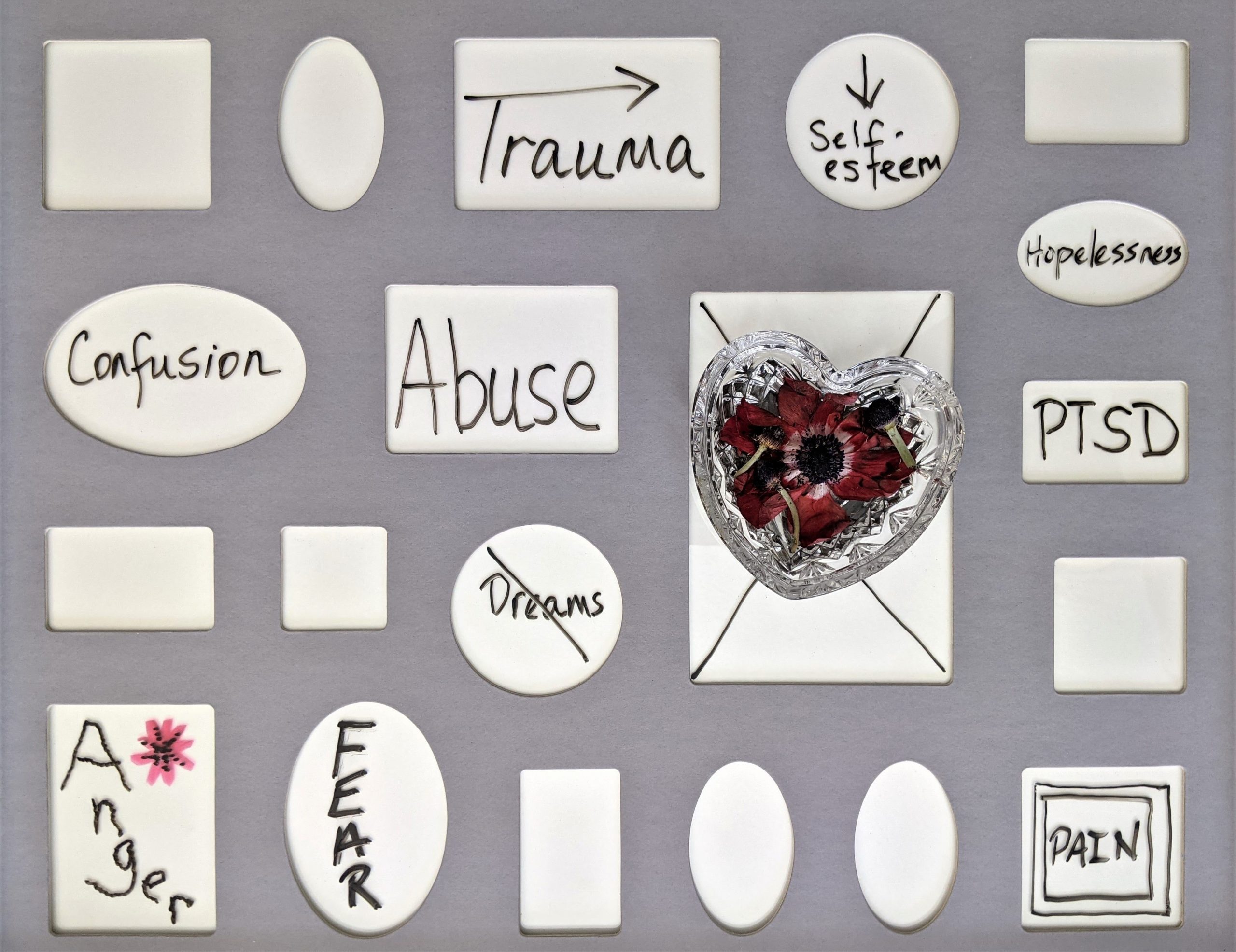The Mental Health Benefits of Dance
Numerous studies have explored the mental health benefits of both physical exercise and listening to music. Not surprisingly, dance therapy has also been found to have a positive impact on mental health, according to recent research conducted at Goldsmiths, University of London. What contributes to dance's powerful effect on the brain? It may have to do with the interaction that takes place between dancers and live bands—a kind of mirroring effect that enhances both the dancers’ and musicians’ performances. Synchronization is promoted on multiple internal [...]

















